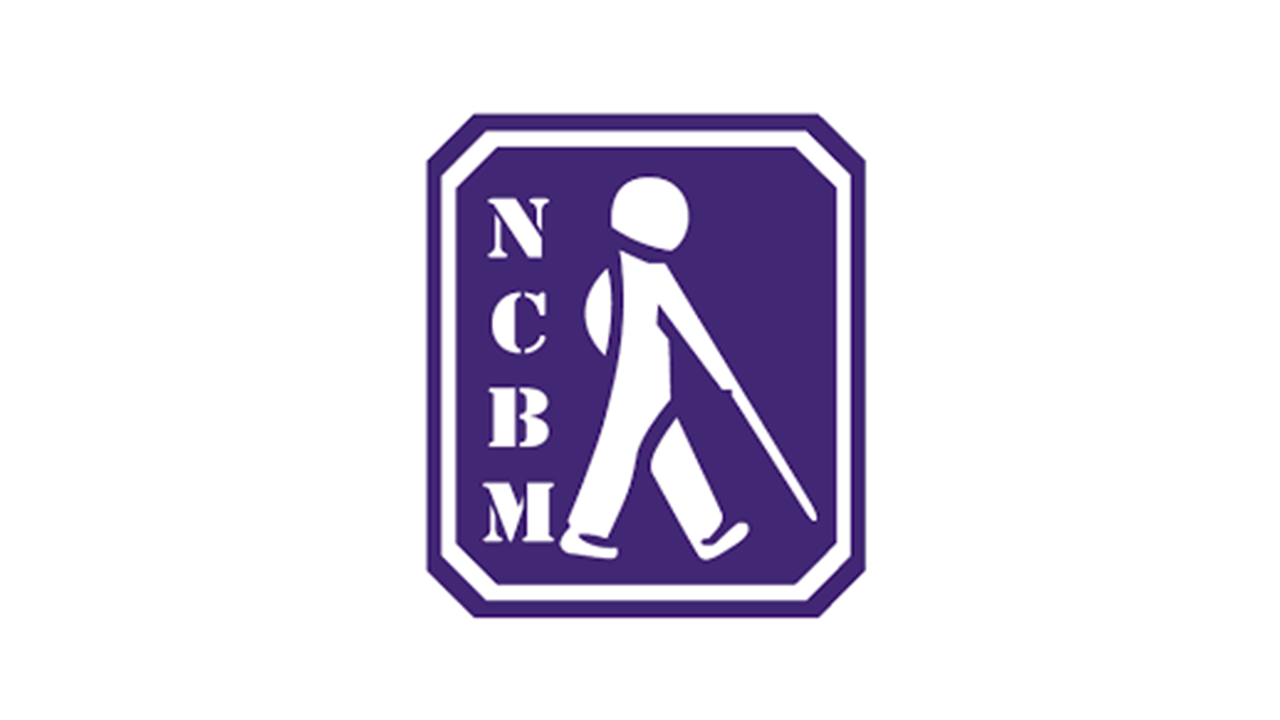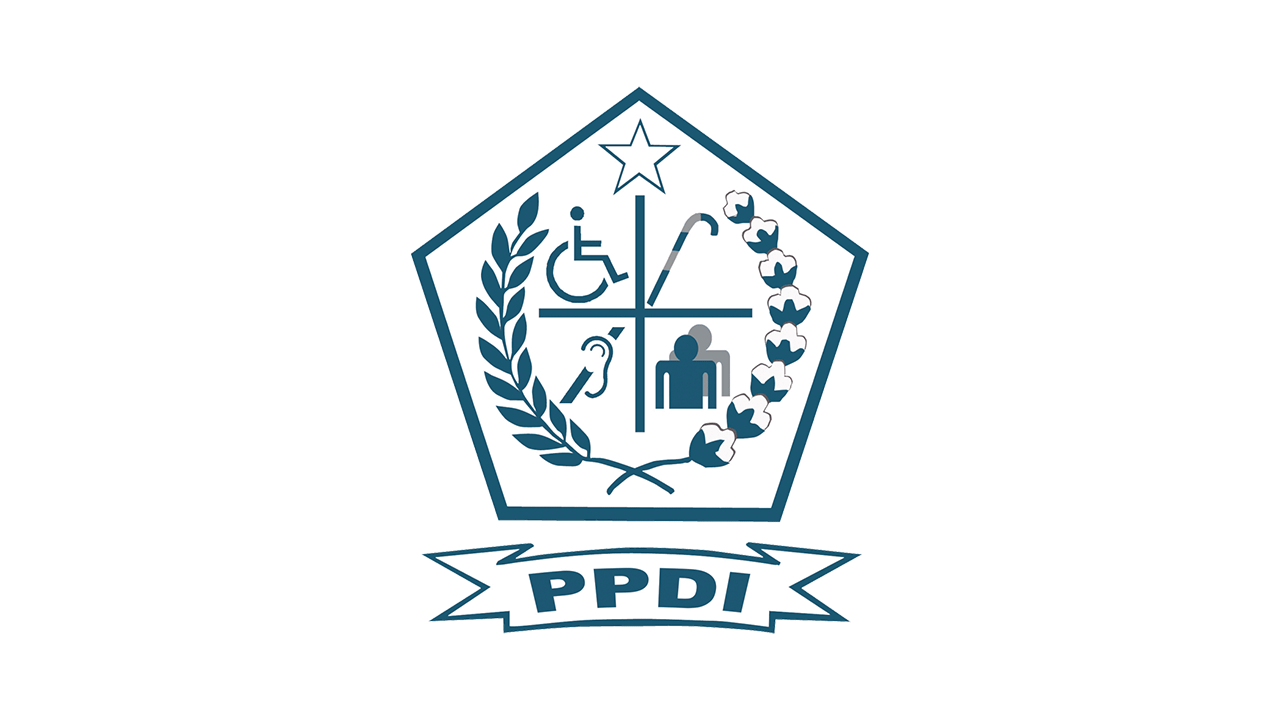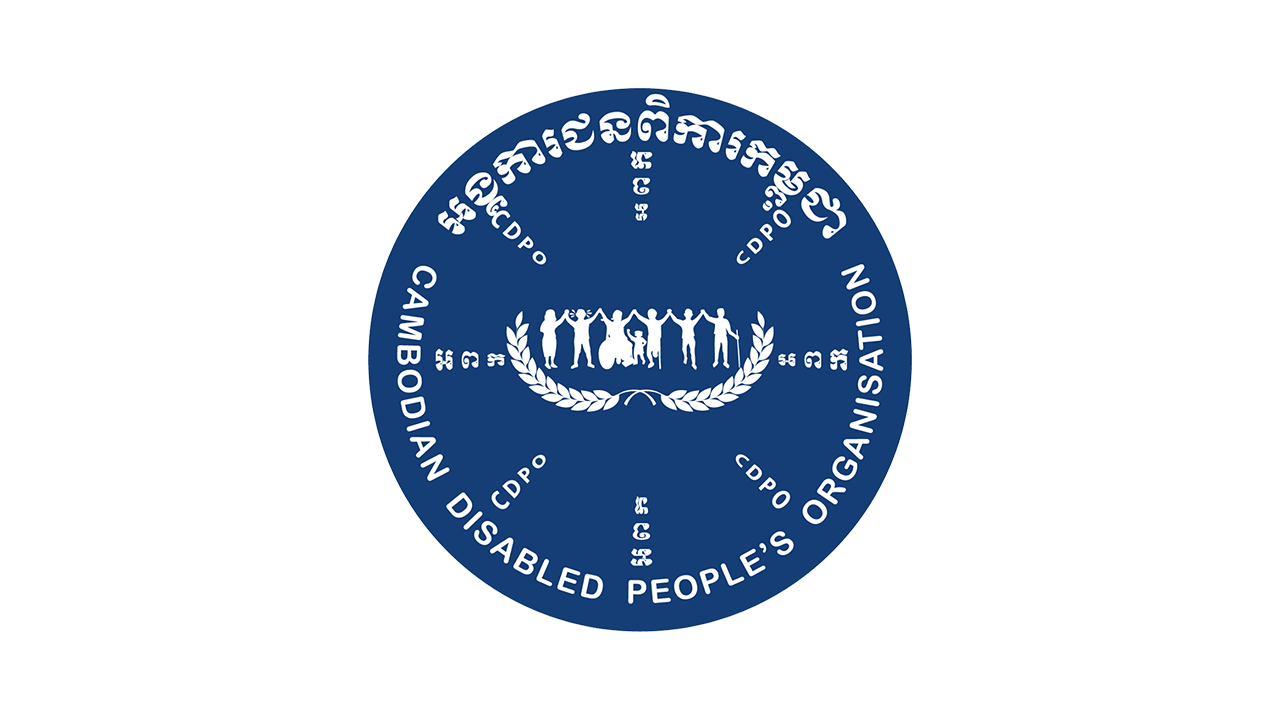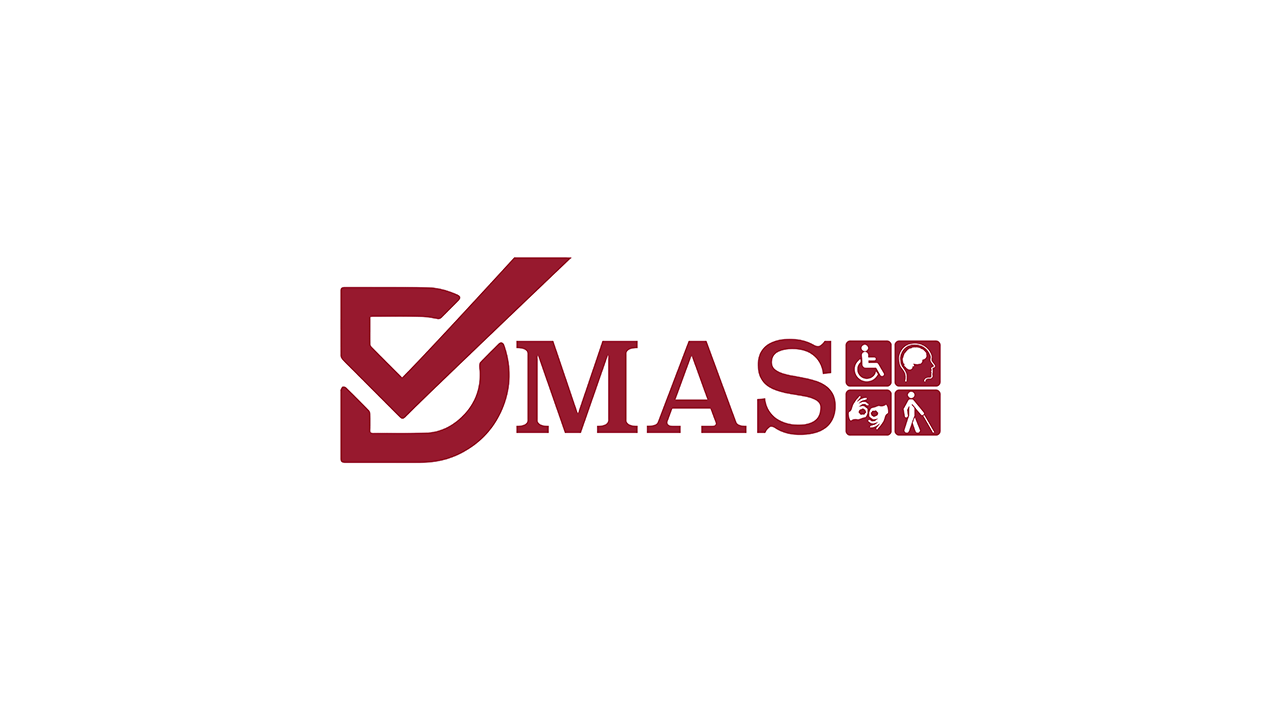This finding spurred KDI and HandiKOS to collaborate with the Kosovo Central Electoral Commission (CEC) on conducting workshops with electoral officials operating in the field, known as the Municipal Election Officers (MEOs). The goal was to better prepare polling station staff on supporting voters with disabilities. After a series of intensive workshops and robust discussions held in October 2014, MEOs began to embrace the idea of creating more accessible elections and polling stations.
The DAMM report is also being used to form the basis of a sensitization and advocacy campaign led by civil society organizations (CSOs), who will work with electoral institutions, political parties, and relevant government authorities to increase electoral access for persons with disabilities throughout Kosovo.
As noted by CEC member Adnan Rrustemi at the close of one of the workshops, “We now know we have a lot to do to change attitudes and provide better access. The CEC needs to consider these issues when determining its strategic direction and training plans for the coming years.”
There are an estimated 200,000 persons with disabilities living in Kosovo, many of whom encounter numerous obstacles such as inaccessible polling stations and transport options when trying to exercise their right to vote.
To fully identify and understand the barriers to elections for persons with disabilities, the Kosovo Democratic Institute (KDI) and a disabled person’s organization named HandiKOS partnered with the International Foundation for Electoral Systems (IFES) to develop a short- and long-term election monitoring program for Kosovo’s National Assembly elections held in June 2014.
For the program, known as the Disability Access Monitoring Mission (DAMM), both KDI and HandiKOS recruited 230 persons with disabilities (of whom 37% were women) as either short- or long-term observers in all stages of the electoral process, including election planning, the dissemination of electoral and political information, campaigns by political parties, and voting on Election Day.
The first DAMM report was released in in three languages and braille. One of its major findings noted that, although Kosovo had laws that supported the political rights of persons with disabilities, there were large gaps in the implementation of these laws throughout the country.










